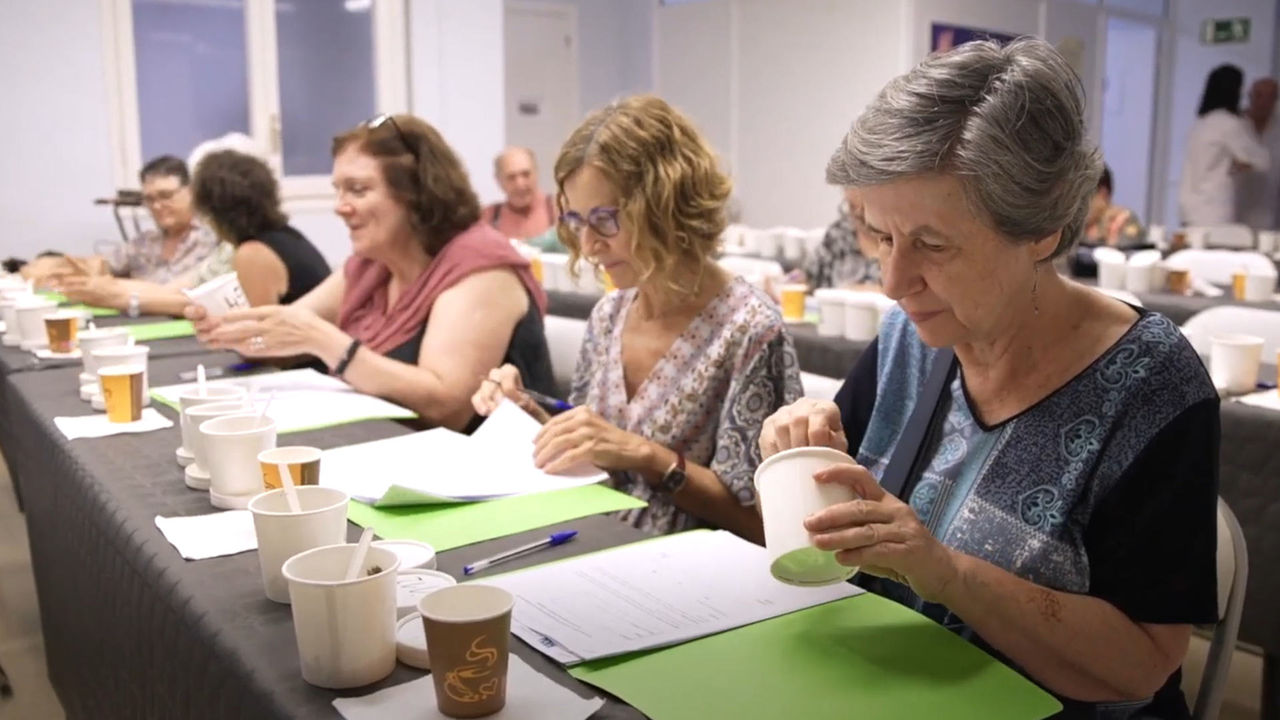- Leitat consolidates its position as one of Spain’s leading technological centres in research, development and innovation, after obtaining approval for 11 R&D&I projects.
- The technology centre reaffirms its key role in areas such as health, energy, mobility and sustainability.
- The selected projects align with the priorities of the Spanish State Plan for Scientific, Technical and Innovation Research (PEICTI).
The Spanish State Research Agency (AEI) has published the Final Resolution Proposal for the 2024 call for Public-Private Partnership Projects (PCPP), aimed at fostering cooperation between companies and research centres, and promoting the development of applied technologies and innovative products with direct impact on the industrial ecosystem.
In total, 497 projects were evaluated, of which 255 have been approved and will begin in the last quarter of 2025, with a total funding amount of almost €245.06 million.
In this context, Leitat consolidates its position as a benchmark in applied research and technology transfer, securing €3.4 million to develop 11 R&D&I projects in collaboration with companies, ranking among the most successful centres in the main national call for industrial R&D&I projects.
Leitat stands out in the health area with seven approved projects and strengthens its presence in sustainability and energy
The health area leads with seven approved projects, followed by two in sustainability and environment, and two more in industry, energy and mobility.
The initiatives align with the priorities of the State Plan for Scientific, Technical and Innovation Research (PEICTI) and contribute to accelerating the transition towards a greener, more digital and competitive economy.
Among the most relevant initiatives is a collaboration with two SMEs, a start-up and a university to promote the circular economy and energy transition through the development of sustainable electric energy storage solutions using supercapacitors, aiming to reduce waste and foster clean technologies in mobility and renewable energy.
Another project, jointly developed with a start-up, will focus on disruptive technology based on microwaves and additive manufacturing to classify polyps in real time during colonoscopies, improving diagnostic accuracy and reducing healthcare costs.
In addition, Leitat will participate in projects focused on the creation of safe and sustainable (bio)functional textiles under the Safe-by-Design approach, incorporating bio-resins and eco-friendly additives to reduce emissions and chemical risks, contributing to a greener and more competitive textile industry.
“These results reflect the strength of Leitat’s model and reinforce one of our most strategic priorities: collaboration with companies and technology transfer as key drivers of competitiveness. We will continue working to transform scientific knowledge into tangible solutions that create industrial, economic and social impact,” said Jordi Cabrafiga, General Director of Leitat.




